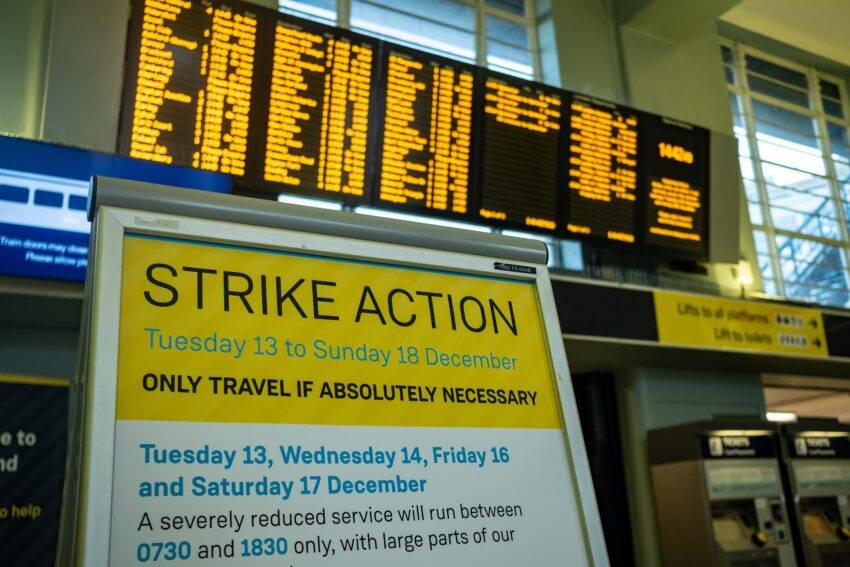Business
Aslef announces 24-hour train strikes at several operators in early May

Rail services across Britain are set to face significant disruption in early May as the Aslef union announces a new series of 24-hour strikes against several national rail companies.
The strikes, scheduled for May 7 to 9, will affect all operators contracted to the Department for Transport (DfT), affecting commuters and travelers across the country. The industrial action is part of a long-running pay dispute, with Aslef highlighting the lack of pay increases for train drivers in the past five years as a central problem.
Despite previous negotiations and an offer from the train companies, which included a two-year deal worth 4% per year but with associated changes to employment conditions, Aslef members rejected the proposal. The union’s general secretary, Mick Whelan, stressed that the offer fell short compared to the increases offered to other sectors within the sector.
Whelan criticized the government’s position, noting that the offer had been rejected after repeated tie votes. He highlighted the frustration among members, especially given the protracted nature of the dispute.
The strikes will affect several operators under the DfT, with services to Wales and Scotland also expected to experience disruption on relevant days. The strike schedule includes operators such as c2c, Greater Anglia, Great Northern, Thameslink, Southeastern, Southern/Gatwick Express, South Western Railway, Avanti West Coast, Chiltern Railways, CrossCountry, East Midlands Railway, Great Western Railway, West Midlands Trains, LNER, Northern – and TransPennine Express.
This latest wave of strike action marks the fourth week of ongoing strikes that Aslef has organized since December, reflecting a shift in tactics amid the ongoing dispute.
Reacting to the announcement, the Rail Delivery Group, which represents train operators, criticized the strikes as unnecessary and damaging to customers and businesses. The disruption comes at a challenging time for the rail sector, with taxpayers already contributing significant sums to maintain services under financial pressure.












